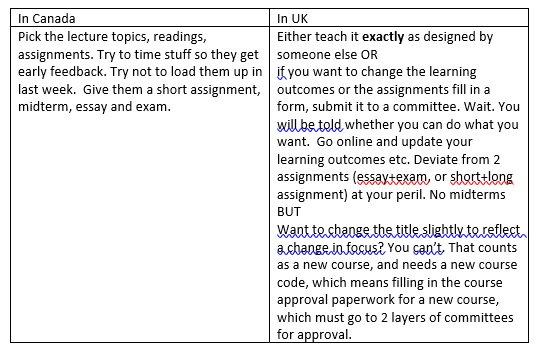
🧵On where we are as a union (and the enduring challenge for Labour) - a quick look at S, W and Eng
1 General pattern in Scotland is that the SNP is doing well for a party in government so long, with unionist manouevres not quite managing to translate volatility into seat gains.
1 General pattern in Scotland is that the SNP is doing well for a party in government so long, with unionist manouevres not quite managing to translate volatility into seat gains.
The party that is perceived to best stand up for Scotland (and this is an issue where they're streets ahead of competitors) is winning, if not making large gains.
2 In Wales, by contrast, Welsh Labour's soft nationalism is managing to ride the indy wave without losing
2 In Wales, by contrast, Welsh Labour's soft nationalism is managing to ride the indy wave without losing
ground to Plaid. Indeed some fairly impressive Plaid to Lab swings in evidence.
3 In England - it's simplistic to see results (incl Hartlepool) as purely Leave/COVID related. This is a Conservative partly perceived to stand up for England and reveals the depth of
3 In England - it's simplistic to see results (incl Hartlepool) as purely Leave/COVID related. This is a Conservative partly perceived to stand up for England and reveals the depth of
Labour's pain in England.
Squeamish about Englishness and without a compelling plan on English governance, unable to quite translate mobile unionist voters into gains in Scotland, Labour has its work cut out for it.
Squeamish about Englishness and without a compelling plan on English governance, unable to quite translate mobile unionist voters into gains in Scotland, Labour has its work cut out for it.
And on the union, the Conservatives - a party popular in England *precisely because it is perceived as an English party*, now needs to convince voters in Scotland and Wales that it has its interests at heart too.
Even WITHOUT a 2nd indyref the union is in a curious place.
Even WITHOUT a 2nd indyref the union is in a curious place.
• • •
Missing some Tweet in this thread? You can try to
force a refresh






